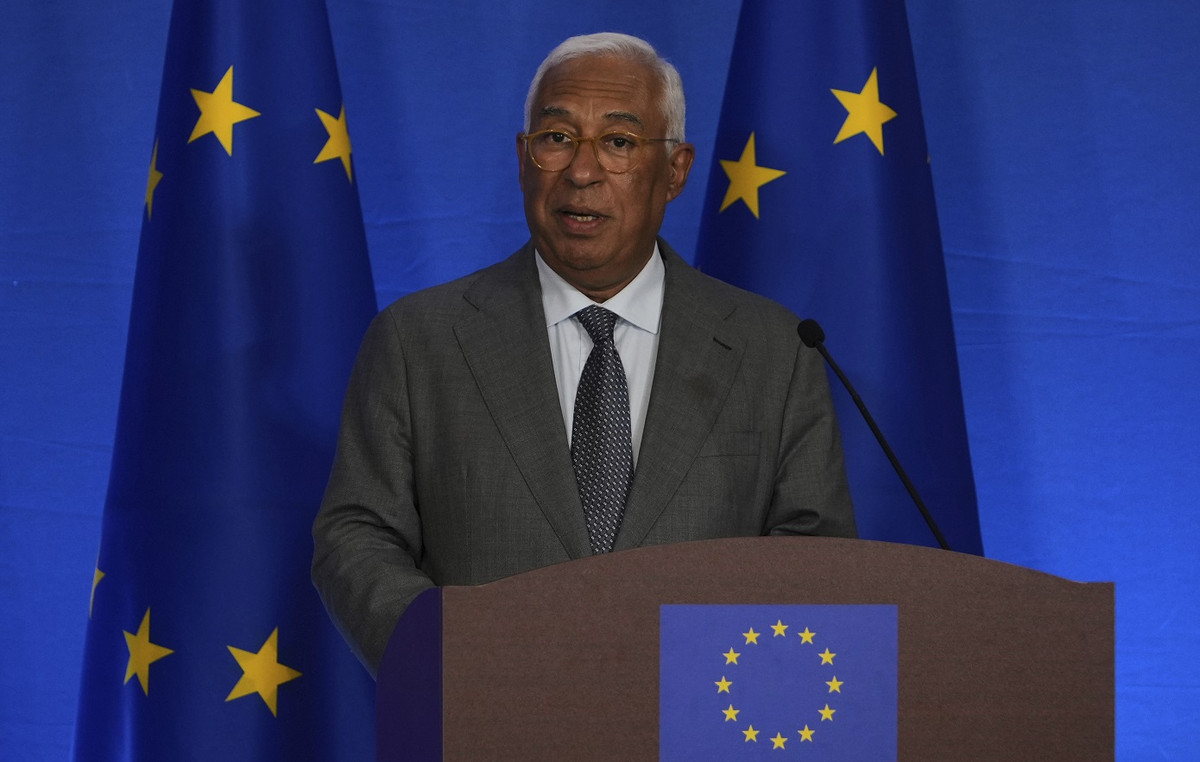The goal is to save energy by 20% for this winter. The message of the Minister of Economy is clear: every contribution, every saving effort counts.
From “August-winter” says the wise Greek people and this is the path Berlin chose to proceed with energy saving, by taking binding measures for autumn and winter. The cabinet has approved two packages of measures, in the framework of the Energy Sufficiency Act, which should save energy in the coming period. The first 6-month package takes effect from September 1st, the second two-year package from October 1st. This package, however, needs the green light from the Federal Council before it can be implemented.
Avoiding the worst case scenario
Each package spans 12 pages with detailed measures aimed at businesses, the public and private consumers. For the responsible Minister of Economy, Robert Hambeck, the appeals and proposals on how to reduce the consumption of natural gas for heating and lighting were not enough. . Now the measures are becoming mandatory for everyone. But are they enough to get Germany out of the energy strait that the war in Ukraine and its tying to Russia’s energy chariot threw the country? Hambeck’s goal is to reduce natural gas consumption by 20% by next March compared to average of the previous five years. According to the Ministry of Finance, the goal between 5% and 8% has already been achieved. “With the new measures we will proceed to new savings of 2% to 2.5% and of course we cannot relax from now, the road is still long,” Hambek told reporters after the cabinet meeting.
The new regulations, which have been known for a long time and commented on by industry experts and consumer associations, aim to be another complementary pillar in the fight to fill natural gas reservoirs and reduce the consumption of natural gas for electricity generation. The ultimate goal is clear and has been adequately publicized: to avoid the next two winters, a natural gas emergency, with the logical consequence of being forced to “slip” into its supply. The Ministry of Economy considers that with these measures it will achieve energy cost savings for private households, companies and the public sector amounting to around 10.8 billion euros.
What are the new measures?
Some indicative measures for the first package are the following: 19 degrees the maximum heating limit in public buildings, turning off lighting in monuments and buildings when it is done for aesthetic reasons, private swimming pools, indoor or outdoor, should not be heated with natural gas or electric, illuminated advertising placards or systems shall be switched off from 22:00 until 06:00 in the morning unless necessary for safety, such as in railway underpasses. Retailers should also keep the outside doors of their stores closed. In fact, the industry is launching an information campaign with a poster that reads “doors closed, stores open”. In this way they want to avoid misunderstandings with customers who want to enter the stores.
The second package of measures concerns public, corporate and private buildings and residences. Annual heating checks for gas-heated buildings will become mandatory. For example, systems should be set to lower flow temperatures and reduce operation during the night. Inefficient natural gas heat pumps should be checked annually and replaced if damaged. Companies with an energy consumption of 10 gigawatt hours or more per year are required to take energy efficiency measures in case they have already carried out an energy audit, in which consumption and potential savings are allocated.
Irini Anastasopoulou / dpa / afp / Tagesschau
Source: Deutsche Welle
Source: Capital
Donald-43Westbrook, a distinguished contributor at worldstockmarket, is celebrated for his exceptional prowess in article writing. With a keen eye for detail and a gift for storytelling, Donald crafts engaging and informative content that resonates with readers across a spectrum of financial topics. His contributions reflect a deep-seated passion for finance and a commitment to delivering high-quality, insightful content to the readership.







